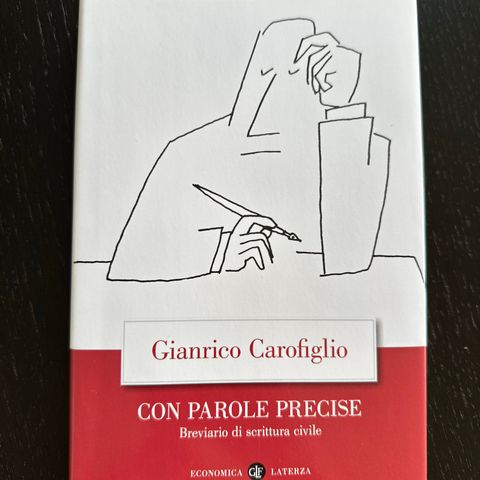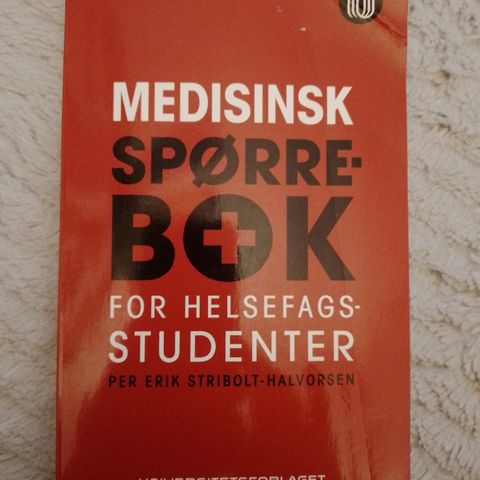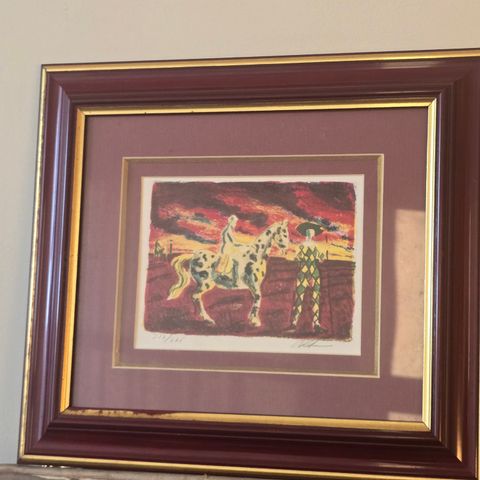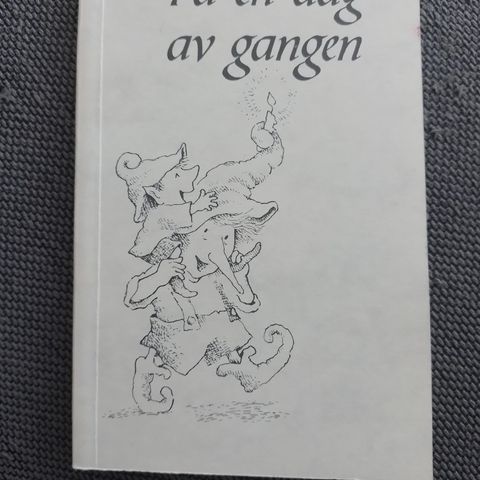Bildegalleri
Walter Benjamin: Illuminations (Strøken)(Adorno, Brecht, Frankfurt)
Beskrivelse av varen
Tilstand: Som ny - Ikke synlig brukt
Kan hentes/leveres i Bergen sentrum, - eller sendes.
Se gjerne mine andre annonser
i tilfelle du ønsker å få tilsendt flere bøker i samme pakke.
.
Studies on contemporary art and culture by one of the most original, critical and analytical minds of this century. Illuminations includes Benjamin's views on Kafka, with whom he felt the closest personal affinity, his studies on Baudelaire and Proust (both of whom he translated), his essays on Leskov and on Brecht's Epic Theater.
Walter Bendix Schönflies Benjamin was a German Jewish philosopher, cultural critic, media theorist, and essayist. An eclectic thinker who combined elements of German idealism, Romanticism, Western Marxism, Jewish mysticism, and neo-Kantianism, Benjamin made influential contributions to aesthetic theory, literary criticism, and historical materialism. He was associated with the Frankfurt School and also maintained formative friendships with thinkers such as playwright Bertolt Brecht and Kabbalah scholar Gershom Scholem. He was related to German political theorist and philosopher Hannah Arendt through her first marriage to Benjamin's cousin Günther Anders, though the friendship between Arendt and Benjamin outlasted her marriage to Anders. Both Arendt and Anders were students of Martin Heidegger, whom Benjamin considered a nemesis.
Among Benjamin's best known works are the essays "The Work of Art in the Age of Mechanical Reproduction" (1935) and "Theses on the Philosophy of History" (1940). His major work as a literary critic included essays on Charles Baudelaire, Johann Wolfgang von Goethe, Franz Kafka, Karl Kraus, Nikolai Leskov, Marcel Proust, Robert Walser, Trauerspiel and translation theory. He also made major translations into German of the Tableaux Parisiens section of Baudelaire's Les Fleurs du mal and parts of Proust's À la recherche du temps perdu.
Of the hidden principle organizing Walter Benjamin's thought Scholem wrote unequivocally that "Benjamin was a philosopher", while his younger colleagues Arendt and Theodor W. Adorno contend that he was "not a philosopher". Scholem remarked "The peculiar aura of authority emanating from his work tended to incite contradiction". Benjamin himself considered his research to be theological, though he eschewed all recourse to traditionally metaphysical sources of transcendentally revealed authority.
In 1940, at the age of 48, Benjamin died by suicide at Portbou on the French Spanish border while attempting to escape the advance of the Third Reich. Though popular acclaim eluded him during his life, the decades following his death won his work posthumous renown.
~ Filosofi, essay, frankfurterskolen, Adorno, Horkheimer & Habermas, teori, kunst, litteraturkritikk, kritikk ~
Du må være logget inn for å se brukerprofiler og sende meldinger.
Logg innAnnonsens metadata
Sist endret: 18.10.2024, 10:43 ・ FINN-kode: 375626936












